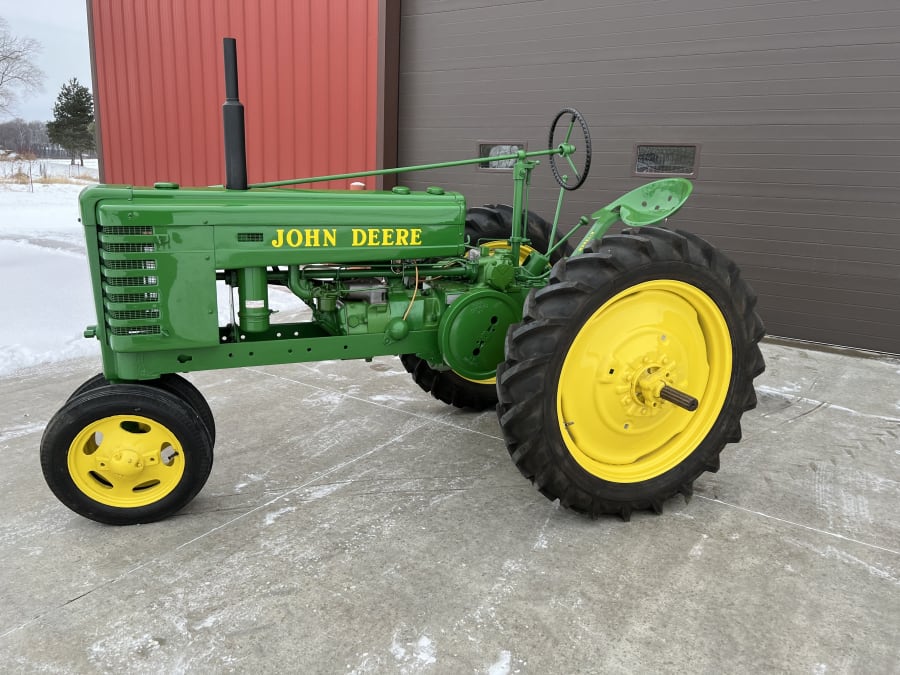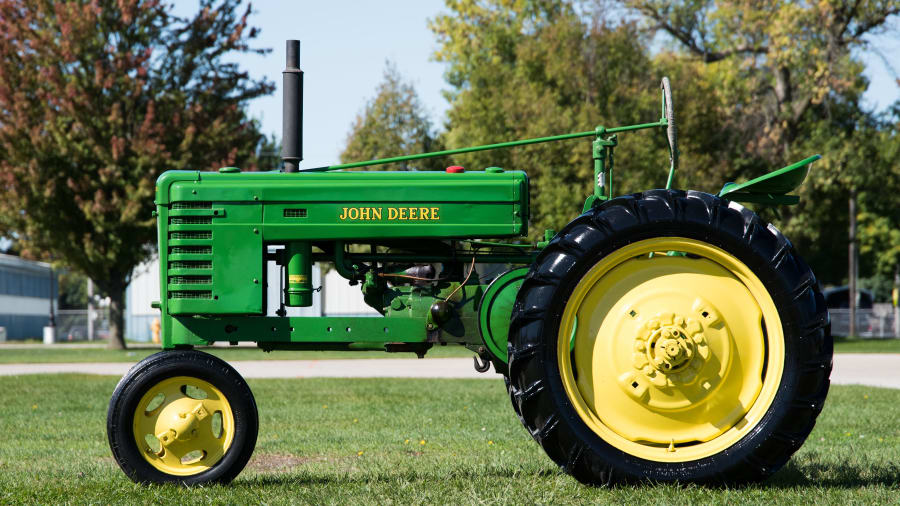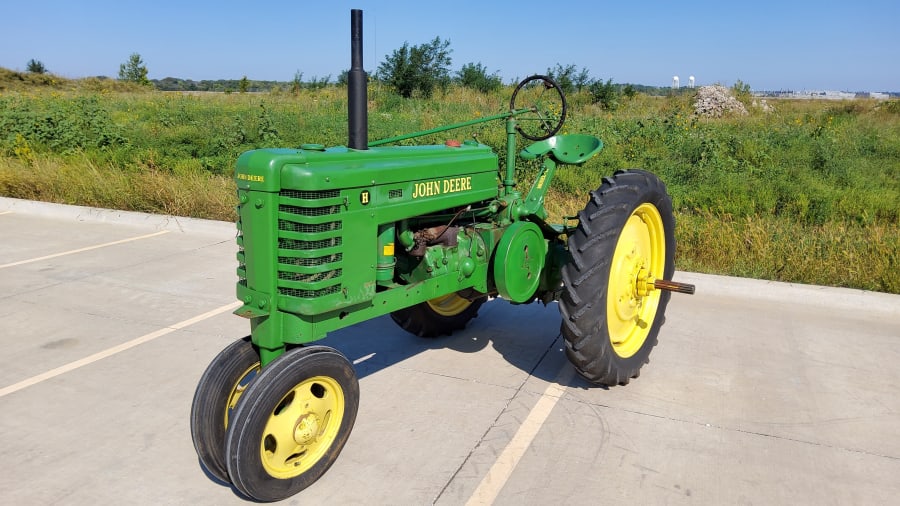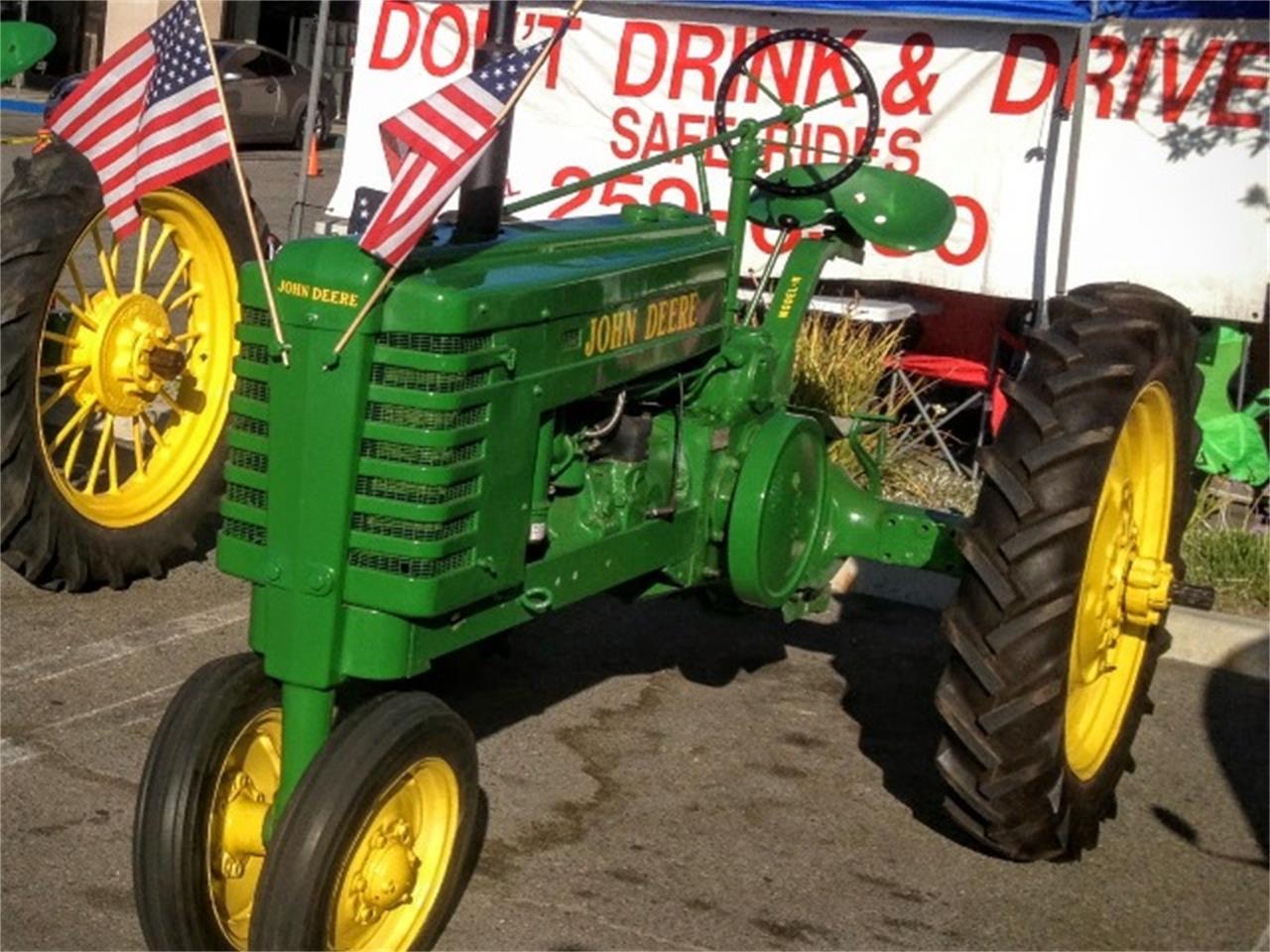John Deere H For Sale – Thrift stores and consignment shops often work with charitable organizations or local non-profits, using the proceeds from sales to support various causes. When you buy something made from premium materials, crafted with attention to detail, and tested for reliability, you can expect it to deliver value that surpasses its initial cost. The items placed for sale are not merely commodities; they are often vessels of memories, symbols of past achievements, or representations of something bigger than the price tag they carry. Many everyday products, such as kitchenware, footwear, and tools, can also be considered quality goods, provided they are made to last and perform well over time. But the price of quality goods can often be a barrier for many. The durability and longevity of these products mean they don’t need to be replaced as frequently, reducing the need for constant purchases and ultimately saving money in the process. It’s about letting go of something that no longer serves a purpose, while opening the door for something new to take its place. Historically, many products were made by local craftsmen, and there was a direct relationship between the creator and the consumer. The longer something is used, the less likely it is to contribute to the growing problem of waste. Additionally, trends in sustainability and eco-conscious living have contributed to the growth of the second-hand market, as consumers become more aware of the environmental impact of their purchasing decisions. For instance, businesses in industries such as technology, renewable energy, or e-commerce may attract more buyers due to their perceived growth potential. These platforms allow buyers to browse listings, access detailed business profiles, and initiate contact with sellers, all from the comfort of their own home. Whether it’s vintage clothing, antique furniture, or used luxury watches, second-hand goods offer an opportunity for buyers to find quality items that are no longer available in stores. Regardless of the reason, the sale of a business is an event that requires careful planning, transparent communication, and strategic negotiations. They walk into a space that holds the potential for their own memories to be created, for their own life to unfold. The sale and purchase of second-hand goods play a pivotal role in this transition, demonstrating how individuals can make a meaningful impact through everyday choices. This typically involves drafting and signing a sale agreement, which outlines the terms and conditions of the transaction. A blacksmith might craft a sword, a tailor might stitch a suit, and a potter might mold a vase. Online platforms also give buyers and sellers the chance to evaluate one another through reviews and ratings, adding an extra layer of trust and security to the transaction. People are not just looking for things that work well; they want products that elevate their environment and their experiences.

JOHN DEERE H For Sale In Annawan, Illinois
Deal directly todaymake an offer feature deals done fast

JOHN DEERE H For Sale In Annawan, Illinois
Deal directly todaymake an offer feature deals done fast

1942 JOHN DEERE H For Sale In Saegertown, Pennsylvania
Deal directly todaymake an offer feature deals done fast

1942 John Deere H 2WD Tractor BigIron Auctions
Deal directly todaymake an offer feature deals done fast

1939 John Deere H for Sale at Auction Mecum Auctions
Deal directly todaymake an offer feature deals done fast

1946 JOHN DEERE H For Sale In HAMILTON, Texas
Deal directly todaymake an offer feature deals done fast

John Deere Restored Model H
Deal directly todaymake an offer feature deals done fast

1946 John Deere H for Sale at Auction Mecum Auctions
Deal directly todaymake an offer feature deals done fast

1942 John Deere H for Sale at Auction Mecum Auctions
Deal directly todaymake an offer feature deals done fast

1939 John Deere MODEL H TRACTOR for Sale CC1059690
Deal directly todaymake an offer feature deals done fast
When everything becomes a transaction, we risk losing sight of what truly matters. By choosing second-hand goods, consumers can help reduce waste, conserve resources, and lessen the demand for new production. In recent years, the market for businesses for sale has been affected by several global and local economic factors. The rise of minimalism and a desire for unique, vintage items has also played a role in the growing popularity of second-hand goods. This can be particularly advantageous for entrepreneurs who might have experience in business operations but lack the time or resources to build a new venture from the ground up. The longer something is used, the less likely it is to contribute to the growing problem of waste. When an item is marked as “for sale,” it enters a space where value is defined not only by the object itself but by the context in which it’s placed. Each item was unique, and the quality was immediately apparent to the buyer. While the online second-hand market has flourished, traditional thrift stores and second-hand shops continue to play an important role in the buying and selling of pre-owned goods. With the rise of e-commerce, the accessibility of quality goods for sale has expanded exponentially. The growing appeal of second-hand goods is also tied to a growing awareness of environmental issues. On the other, there’s the challenge of assessing the true value of a business, navigating the complex negotiations, and ensuring that the business is a sound investment in terms of both its financial health and its long-term viability. This can manifest in the context of career, relationships, or personal goals. Whether it’s an item, a service, or even a person, the act of being “for sale” represents a moment of transition, a shift from one stage of life to another. For the buyer, it can feel like a great opportunity, a chance to acquire something they’ve been searching for, or maybe just the satisfaction of knowing that a good deal is within reach. In addition to offering unique items and affordable prices, many second-hand stores also serve an important social and community function. Are there things that should be kept beyond the realm of trade? Or has the marketplace — with its insatiable demand and promise of exchange — seeped into every facet of our being?
If everything is for sale, then the concept of value itself becomes fluid, subjective, and often manipulated. A person might sell a beloved possession to fund an important life change, such as starting a business, moving to a new city, or pursuing a dream. Sellers also have to deal with the emotional aspects of letting go of a business that they may have built over many years. In this sense, online second-hand markets have not only made pre-owned goods more accessible but have also made them more desirable, offering an alternative to the mass-produced, one-size-fits-all nature of new products.
For when everything is for sale, it’s easy to forget that the most important things in life are not commodities; they are experiences, relationships, and moments of connection that cannot be measured in dollars and cents. Thrift stores and consignment shops often work with charitable organizations or local non-profits, using the proceeds from sales to support various causes. For many, purchasing second-hand goods is not just about saving money, but about embracing sustainability, supporting a circular economy, and contributing to a more environmentally conscious world. Moreover, buying second-hand items allows consumers to access unique and vintage products that may no longer be available in stores, offering a sense of individuality that is often missing from mass-produced, new items. The appeal of finding a hidden gem, something that has been cherished by someone else and is now available for a new owner, is a part of the allure of second-hand goods. The items placed for sale are not merely commodities; they are often vessels of memories, symbols of past achievements, or representations of something bigger than the price tag they carry. In some cases, selling second-hand items can be a way to make a significant profit, especially if the items are rare, vintage, or in high demand. The growing appeal of second-hand goods is also tied to a growing awareness of environmental issues. As society has evolved, the scale of production has expanded, and many quality goods are now mass-produced or distributed through large retail chains. Economic downturns, for example, can influence the types of businesses that are put up for sale, as struggling companies may look to exit the market. And, in a way, this is the ultimate form of freedom: the ability to buy, sell, and trade on your own terms. Additionally, brick-and-mortar thrift stores and consignment shops provide a more traditional avenue for selling second-hand goods. However, it’s also important to recognize the darker side of this freedom. Online marketplaces have opened up opportunities for people to buy and sell goods from the comfort of their own homes. While some people may be hesitant to purchase pre-owned electronics due to concerns about quality or reliability, the second-hand market for electronics has become increasingly trustworthy. This practice is an essential aspect of sustainability, as it helps conserve resources and reduces the amount of waste sent to landfills. Similarly, a quality suit made from fine wool will age gracefully, developing a patina that speaks to its craftsmanship. When everything becomes a transaction, we risk losing sight of what truly matters. For many people, there is something uniquely satisfying about sifting through racks of clothes, rummaging through bins of books, or browsing shelves of home goods in search of that perfect item. The struggle is not in resisting the marketplace entirely, but in finding balance, in ensuring that the things that truly matter cannot be bought, sold, or traded.